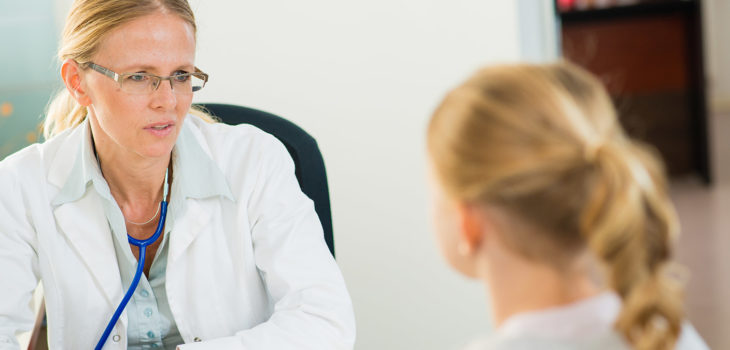
A psychological training evaluation
Quoting relevant section:-
15 general practitioners, 12 general practice registrars and 18 medical students participated in an adolescent health education workshop followed by field experience in health education sessions in secondary schools.
An innovative feature was the use of young actors.
Six young people from a local youth theatre group participated in the workshop in three different training techniques.
- Role plays. The young actors underwent intensive
training to prepare them to participate as “school
students” in role-plays, which simulated the school
environments in which the GPs would conduct their
health education sessions. The young actors were
trained not only to act as school students, but also
in techniques for giving constructive feedback and
coaching to the GPs in the role-plays. Numerous
studies have identified the effectiveness of role-play
techniques and simulated practice in enhancing
the communication and consulting skills of
doctors and other health professionals in the
clinical setting [21–23]. - Lesson planning. Participants collaborated in
teaching teams to prepare lesson plans for a health
education session in a local high school, providing
participants with clear learning outcomes from the
workshop that were then applied in an authentic
context. One young actor was allocated to each
teaching team and contributed to the design of the
lesson plans and teaching strategies for the school
health education sessions. - Panel discussion. The young actors discussed
adolescent health issues and concerns with the
group and fielded questions from the group about
their perspectives on adolescent health and barriers
and enablers to access to GP services.
1 COMMENT
Hi, this is a comment.
To get started with moderating, editing, and deleting comments, please visit the Comments screen in the dashboard.
Commenter avatars come from Gravatar.
Comments are closed.